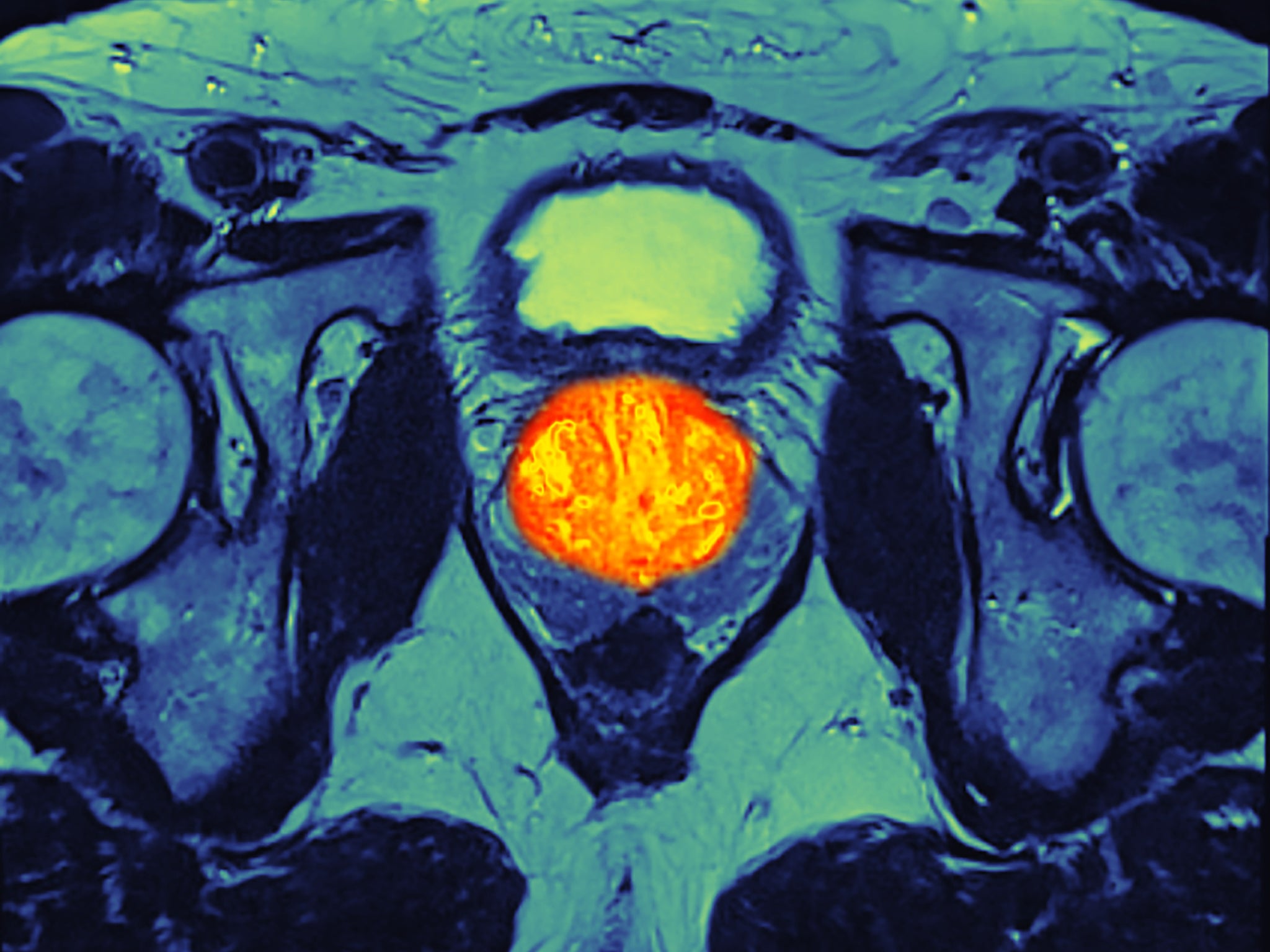Prostate cancer sufferers may need healthy-looking cells treated too
Healthy-looking cells next to prostate tumours are actually harbouring genetic mutations

Men with prostate cancer may need more radical treatment to remove pre-cancerous cells that look normal and healthy under a microscope, a study has found.
Scientists have discovered that many of the healthy-looking cells next to prostate tumours are actually harbouring genetic mutations that lead to the onset of cancer, raising questions about whether this tissue should also be treated or surgically removed.
“When we examine the cells that lie close to prostate cancer under the microscope, we look at their shape, size and relationship to surrounding cells. If everything appears normal then we may assume that we're looking at healthy tissue,” said Professor Ros Eeles at the Institute of Cancer Research in London.
“But thanks to genetic sequencing we've shown that some of these normal-looking cells are already carrying genetic mistakes that are linked to the cancer nearby. This research helps us understand more about the beginnings of prostate cancer, so we can tackle the disease at its roots,” Professor Eeles said.
The study, funded by Cancer Research UK and published in Nature Genetics, may explain why prostate cancer develops resistance to drugs and why it can reoccur after cancerous tissue has either been treated with radiotherapy or surgically removed.
Professor David Neal, at the University of Cambridge, said: “The discovery of widespread changes in these normal looking cells needs to be checked in more men but, if true, it will raise questions about the impact of treating only the cancer and leaving the rest of the prostate behind.”
Join our commenting forum
Join thought-provoking conversations, follow other Independent readers and see their replies
Comments